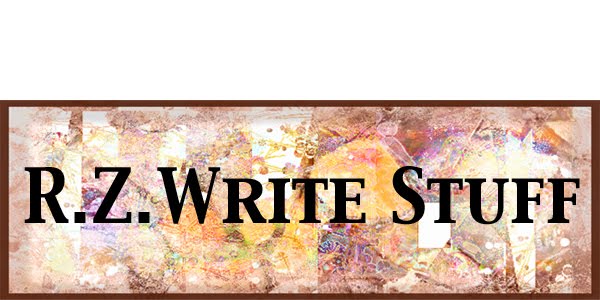Expand Your Range: Presentation You may have found your unique and natural way of expressing yourself through poetry. You may have established rhythms and forms that you use regularly. Your subjects or content may also define your authentic voice and style. But it never hurts to depart from the usual, to stimulate both yourself and your readers. Challenge yourself to do things a little differently ever so often. How often is up to you.
Often one’s most creative work occurs during revision.
Here are some ideas.
Look for innovative ways to present your writing; different from your own usual.
If you write in one solid block of wording, or in columns, try re-formatting your original presentation by breaking the body of writing into stanzas. This might separate the beginning, middle and end, for instance.
Respect the white space between lines. Visually, the space allows the reader to breathe and see your structure, making it easier to read.
Try long lined stanzas, and then try short phrases instead.
This is a good time to look to see if some words are unnecessary, or if a word could be replaced with a shorter one, one that sounds more musical, or if whole stanzas or thoughts need to be rearranged.
Experiment with using enlarged spaces between words, instead of punctuation. (except on blogs, because the blogger format will not allow it) When reading aloud, observe conversational breaks so the line breaks are natural.
Tempt your reader to read the next line by ending with a word that begs him or her to go to the next line to complete the thought.
Consider omitting capitols.
In some poems you could let the type stagger over the page. (But not on a blog)
Read poetry by well known innovative contemporary poets, and imitate the innovations, (not the wording or content, unless your credit that author)
If challenging yourself with a traditional form, try to make the language flow naturally.
Be innovative in other ways, as well. Change the traditional order of words.
Reccommended Reading:
Poets: EE Cummings, Adrienne Rich, Lawrence Ferlinghetti, Rita Dove, Patrick Lawler, Sharon Olds, Gary Snyder, Louise Gluck, Galway Kinnell, Anne-Marie Cusak.
Poetry and Traditional Forms:
The Poet’s Companion, Addonizio and Laux. Norton. 1997
The Poet’s Handbook, Judson Jerome, Writer’s Digest Books 1980
Patterns of Poetry (An Encyclopedia of Forms) Miller Williams. LSUPress.
Writing and images are the property of Ruth Zachary.

No comments:
Post a Comment